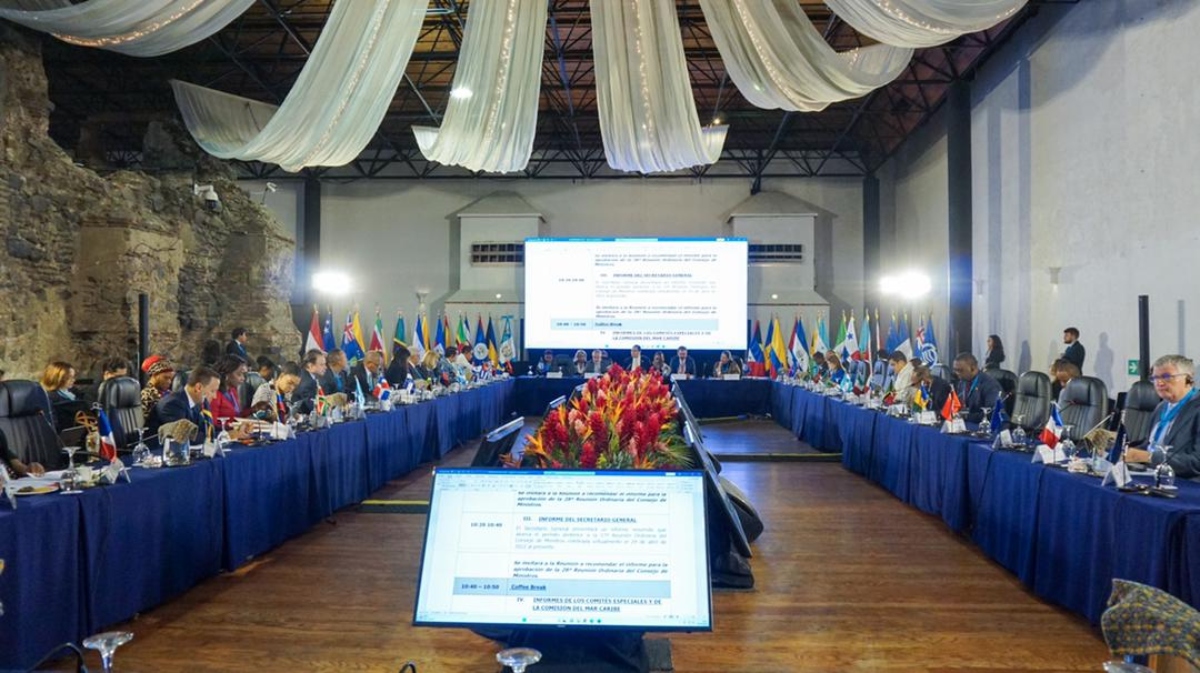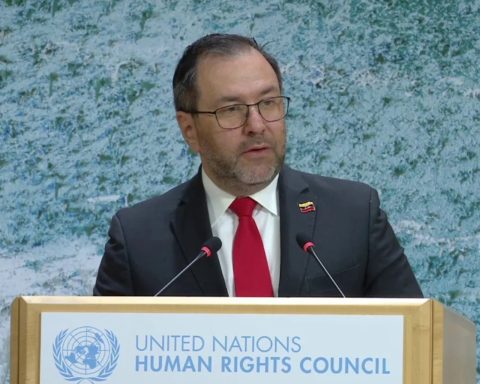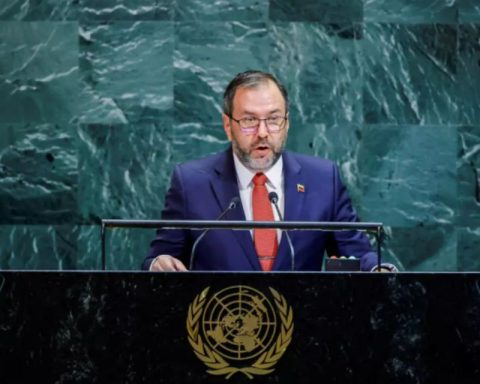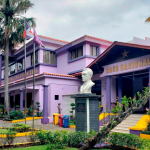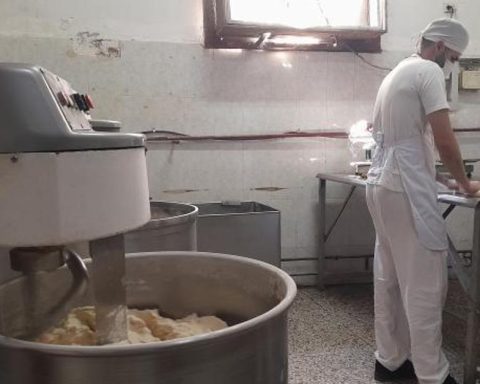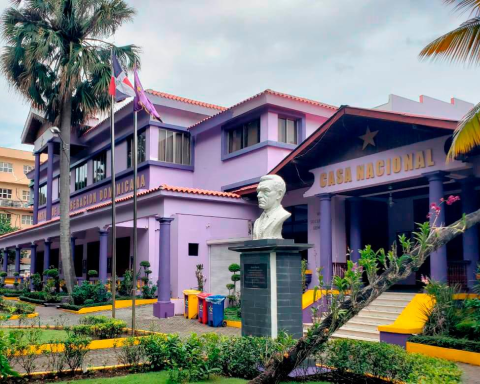Venezuela presented this Wednesday the management report before the Special Committee for Disaster Risk Reduction of the Association of Caribbean States (ACS), which ratifies the preparation of human talent to efficiently face situations of natural emergencies.
The information was released by the Foreign Ministry on its account on the social network Twitter, in which it states that the presentation of the report was made during the Preparatory Meeting for the 28th Ordinary Meeting of the Council of Ministers of the Association of Caribbean States and was available position of the Vice Minister for the Caribbean, Raúl Li Causi.
“Vice Minister for the Caribbean, @rlicausi presented Venezuela management report before the Special Committee for Disaster Risk Reduction of the @ACS_AEC, during the Preparatory Meeting for the 28th Ordinary Meeting of the Council of Ministers of the #AEC,” the Foreign Ministry published on Twitter.
During the meeting, the representative of Venezuela highlighted the preponderant role of the country in training to offer “an immediate and effective response to natural disasters,” he said.
“Managing to highlight the role of our country in the preparation and human training for an immediate and effective response to natural disasters, in order to guarantee the protection of the peoples of our region when facing climate emergency situations,” said the Foreign Ministry.
Support and integration with the ACS
The national government maintains support for the Association of Caribbean States to work and promote strategies that allow us to face new challenges.
In this sense, Venezuela is advancing together with the ACS the 2022-2025 Action Plan, which should be nourished by programs and projects that can meet the needs of the member countries of the Association based on the particular realities that each one faces, in their efforts to achieve a speedy economic recovery in the midst of the post-pandemic era.
It should be noted that last January, the chancellor of the Republic, Yván Gil, ratified the commitment of Venezuela in deepening the efforts to ensure cooperation and integration regional.
About the Association of Caribbean States
The Association of Caribbean States was born on July 24, 1994 in Cartagena de Indias, in Colombia, where a Constitutive Agreement was established that laid the foundations of this organization.
The Member States of the ACS are Antigua and Barbuda, Bahamas, Barbados, Belize, Colombia, Costa Rica, Cuba, Dominica, El Salvador, Grenada, Guatemala, Guyana, Haiti, Honduras, Jamaica, Mexico, Nicaragua, Panama, Dominican Republic, Saint Kitts and Nevis, Saint Lucia, Saint Vincent and the Grenadines, Suriname, Trinidad and Tobago, and Venezuela.
The objectives of the ACS are contained in the Constitutive Agreement and are based on the following: the strengthening of regional cooperation and the integration process, with the purpose of creating an expanded economic space in the region; preserve the environmental integrity of the Caribbean Sea, considered as the common heritage of the peoples of the region; and promote the sustainable development of the Greater Caribbean.
Among its focal areas currently are: trade, transportation, sustainable tourism and natural disasters.
